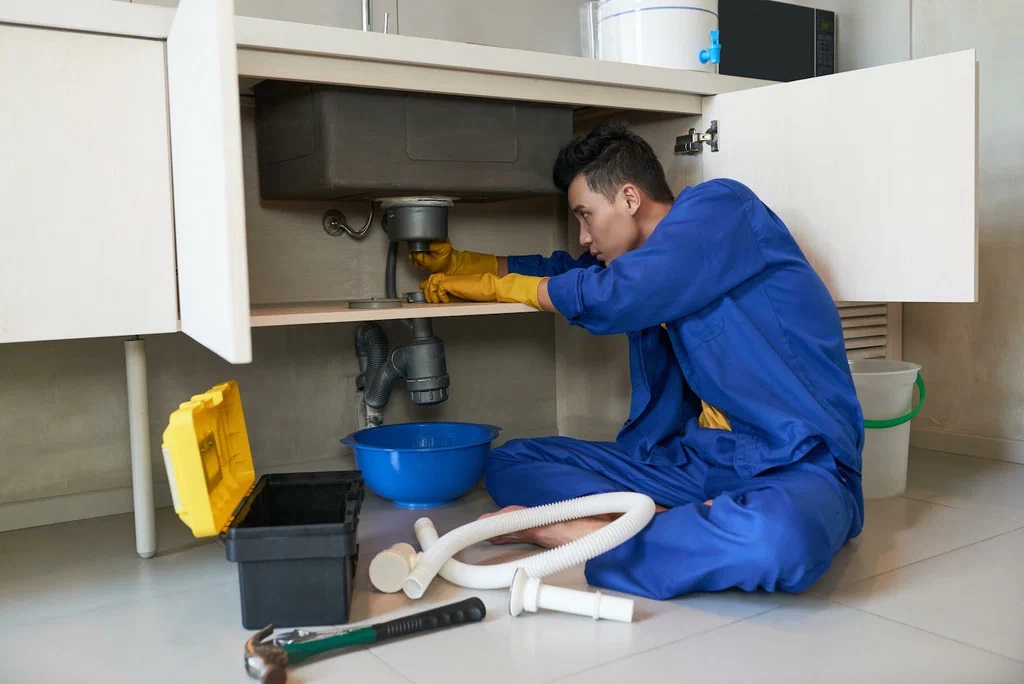Regenerative sports medicine offers a range of treatments for patients experiencing shoulder injuries. These methods provide patients with the possibility of tissue repair and symptom reduction through innovative biological therapies. Here is more information on sports medicine, the nature of shoulder injuries, regenerative medicine, and the benefits associated with platelet-rich plasma (PRP) and stem cell therapy:
What Is Sports Medicine?
Sports medicine is a specialized branch that focuses on diagnosing, treating, and preventing injuries related to physical activity and sports. Practitioners in this field work with athletes, fitness enthusiasts, and active patients recovering from injuries. The discipline emphasizes performance optimization, injury prevention, and safe rehabilitation, allowing individuals to return to their previous activity levels.
What Does It Involve?
This medicine involves a multidisciplinary approach to patient care. Clinical evaluation, physical rehabilitation, and injury prevention techniques are standard care components. Diagnoses rely on patient history, physical examinations, and advanced imaging, such as MRI or ultrasound.
Treatment plans may incorporate manual therapy, targeted exercise programs, medication, and surgical intervention if necessary. Regenerative medicine therapies are included in treatment algorithms for soft tissue injuries that are slow to heal or resistant to conventional care. Consulting a specialist helps determine what this medicine can do for you.
What Is a Shoulder Injury?
A shoulder injury is any damage or impairment of the structures of the shoulder joint. These structures include muscles, tendons, ligaments, cartilage, and bone. Common shoulder injuries include rotator cuff tears, labral injuries, and shoulder impingement syndromes.
Symptoms of shoulder injuries frequently involve pain, reduced range of motion, and weakness. Healthcare professionals assess these symptoms to determine the extent and type of injury. Imaging and other diagnostic procedures support diagnosis and inform personalized treatment choices.
What Is Regenerative Medicine?
Regenerative medicine focuses on triggering the body’s natural healing processes to repair or replace damaged tissues. Treatments draw on growth factors and cells to promote tissue regeneration and restoration of function. This approach is commonly used for musculoskeletal injuries, including shoulder injuries.
Platelet-rich plasma therapy is based on the principle of concentrating platelets from a patient’s blood sample. Platelets contain growth factors that contribute to tissue repair and proliferation. The concentrated plasma solution is injected directly into the injured area, such as a damaged rotator cuff or tendon. This process aims to enhance the body’s healing response, promote tissue regeneration, and reduce pain and inflammation.
Stem cell therapy is another regenerative technique used in sports medicine. This therapy involves harvesting stem cells, usually from bone marrow or adipose tissue, and injecting them into the injury site. Stem cells can differentiate into various cell types, contributing to tissue repair and regeneration. The technique may support the healing of injured tendons, ligaments, or cartilage in the shoulder.
What Are the Benefits?
Regenerative medicine offers several benefits for patients with shoulder injuries:
- These treatments are minimally invasive, limiting disruption to surrounding tissue and reducing recovery time.
- Platelet-rich plasma and stem cell therapies utilize the body’s natural resources for healing, which may reduce the need for medication or surgery.
Potential outcomes include reduced pain, improved function, and more rapid restoration of regular activity following injury. Both therapies may be used alongside other treatments to support return to sport or daily function.
Treat Your Shoulder Injury Today
Regenerative sports medicine presents new possibilities for treating shoulder injuries using advanced biological therapies. These techniques enhance natural healing mechanisms, reduce pain, and support a safe return to activity. Consult with a sports medicine professional to discuss eligibility and develop a personalized treatment plan for shoulder injury recovery.









